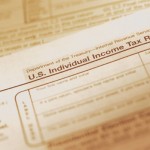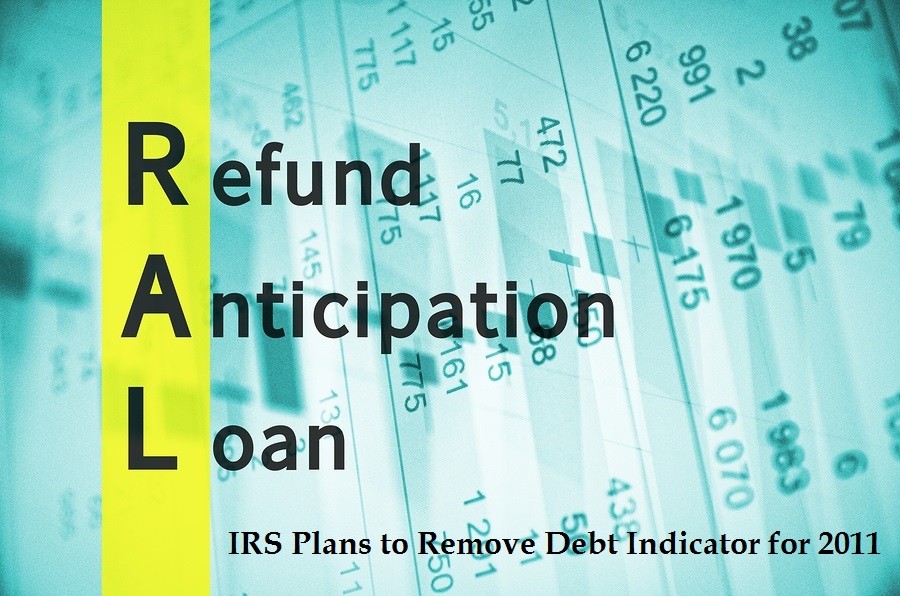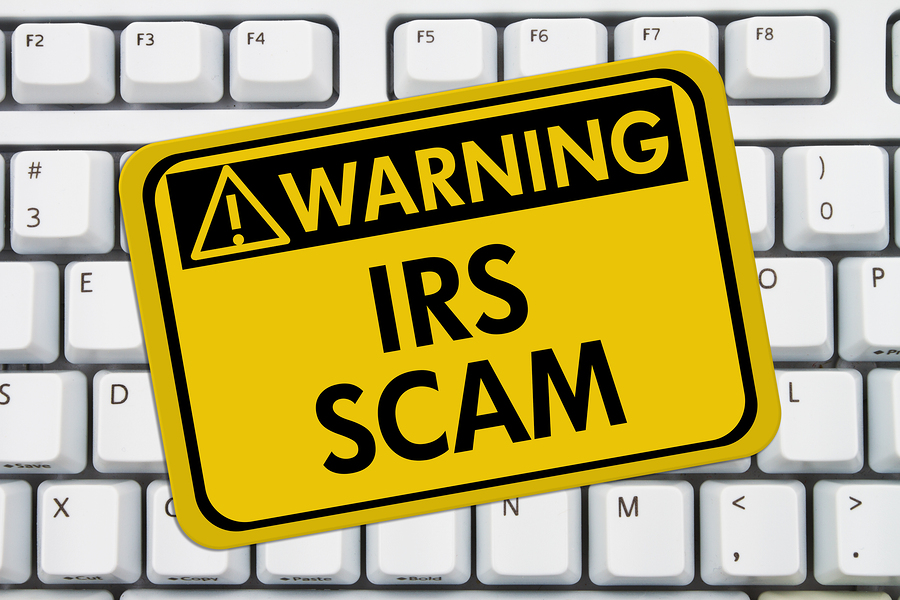
Despite the 5 identification numbers that the IRS already has for me, I still got lost in the system! Glad I'm found.
If you don’t prepare taxes for a living, you probably don’t know and don’t care what a PTIN is. But if you’ve ever had to deal with a government agency, then you might understand my complaint.
A PTIN is a Professional Tax-preparer Identification Number. I’ve already got one, but the IRS decided to change the rules and make me pay for it. I don’t really like paying for something that I got for free and have already had for nine years, but I can live with it. It’s supposed to make the tax preparation industry safer for consumers. I’d feel better though if I thought it would actually do that.
It’s now against the law to get paid for filing tax returns without having a PTIN. It’s not a bad law really, any reputable tax preparer already has a PTIN anyway. The IRS claims that it’s going to use the PTINs to monitor our tax preparation work. If we’re crooked, we’ll get caught. (They’ve been doing that for years already but if it makes them feel better to say so that’s fine with me.) The fee I pay for getting my PTIN back is supposed to cover the cost of monitoring the system. The problem is, it’s only monitoring those of us who get PTINs — the cheaters – the crooked tax preparers that are scamming the system don’t pay the fee and they’re not monitored.
If you’ve ever done any audit work, you know what I’m talking about. A taxpayer comes to you because they received an IRS letter about a problem with their return. They come to you because they can’t find the person that they paid to do the return in the first place. “What do you mean?” You ask, “Your return says self-prepared.” But of course, that’s not the case. They paid some fly-by-night tax preparer who doesn’t have enough confidence in his work to actually sign the return and will disappear right after April 15th if not sooner. Those guys never get caught because the bad returns were all supposedly prepared by the taxpayers. These are the people who need to be caught and prosecuted. The new PTIN registration does nothing to address this problem
I’m late getting my PTIN because quite frankly, I was sort of lost in the system for awhile. That wasn’t very comforting, but I think the IRS could find me if they really wanted to. I currently have five IRS identification numbers in addition to my social security number. I have to sign returns using my PTIN, but I also have to put my company name and Employer Identification Number on each return. That’s two numbers right there on every tax return I prepare. In order to electronically file a return I have to have my Electronic Return Originator (ERO) number(3). Most people have to be fingerprinted my a local law enforcement office to get that number. The Sheriff didn’t have to fingerprint me to get my ERO number because I already had my Enrolled Agent number (4). Enrolled agents already go through a bunch of other stuff including having the IRS review your prior year’s returns before they’re allowed to practice. Because I do audit work, I also have a CAF (Centralized Authorization File) number(5) that I must use every time I represent on of those sorry folks who went to a fly-by-night preparer.
So it seems like the IRS has plenty of information on those of us who are reputable tax preparers already, but there’s still no protection against the bad guys who fly under the radar with no type of registration whatsoever. They cut into our businesses, make the profession look bad, and cause problems for honest taxpayers who really need help. If the IRS would address that problem, I wouldn’t complain about the PTIN fee so much.

 Many people need a copy of their federal income tax return in order to get a mortgage or file for financial aid. You can order a copy of your return from the IRS for $57, but most people can get everything they need with a tax return transcript.
Many people need a copy of their federal income tax return in order to get a mortgage or file for financial aid. You can order a copy of your return from the IRS for $57, but most people can get everything they need with a tax return transcript.![images[3]](http://robergtaxsolutions.com/wp-content/uploads/2010/11/images3.jpg)

